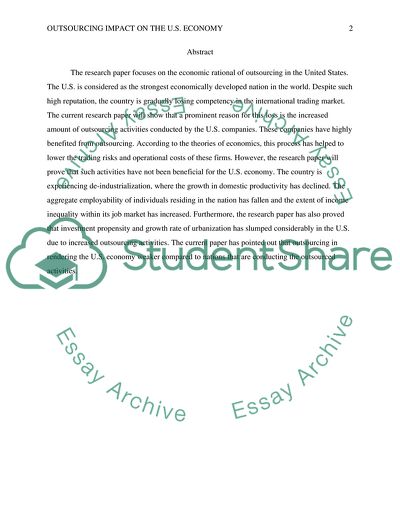Cite this document
(Outsourcing Impact on U.S. Economy Research Paper, n.d.)
Outsourcing Impact on U.S. Economy Research Paper. Retrieved from https://studentshare.org/macro-microeconomics/1833785-discussing-the-impact-that-outsourcing-has-had-on-the-us-economy
Outsourcing Impact on U.S. Economy Research Paper. Retrieved from https://studentshare.org/macro-microeconomics/1833785-discussing-the-impact-that-outsourcing-has-had-on-the-us-economy
(Outsourcing Impact on U.S. Economy Research Paper)
Outsourcing Impact on U.S. Economy Research Paper. https://studentshare.org/macro-microeconomics/1833785-discussing-the-impact-that-outsourcing-has-had-on-the-us-economy.
Outsourcing Impact on U.S. Economy Research Paper. https://studentshare.org/macro-microeconomics/1833785-discussing-the-impact-that-outsourcing-has-had-on-the-us-economy.
“Outsourcing Impact on U.S. Economy Research Paper”, n.d. https://studentshare.org/macro-microeconomics/1833785-discussing-the-impact-that-outsourcing-has-had-on-the-us-economy.


